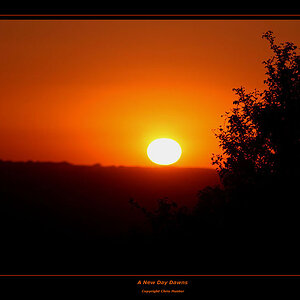Nikon newbie
TPF Noob!
- Joined
- May 5, 2015
- Messages
- 17
- Reaction score
- 0
- Can others edit my Photos
- Photos NOT OK to edit
Ok so I know there is prob a million post on this stuff, I've read multiple reviews online but I'm still stump. I feel like the more I read my opinion changes, so I have a nikon d3100 lense kit, I thought the next one I would buy would still be a dx like a d7000 so why would I need to spend more and buy fx lenses (35mm 1.8 is in fx & dx) now I've researched lenses there isn't many in dx so the range will be off on all of them if I put a fx on my dx sensor- I'm aware of the sensor differences. Should I fork out the money and buy a fx camera, or will a dx higher end be ok in the long run? Maybe match it up with a 35dx, 50fx and a longer mm lense, I don't know- thought?


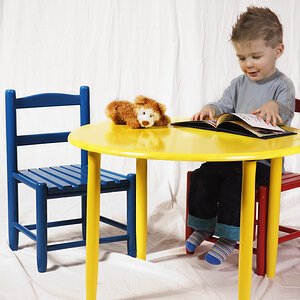
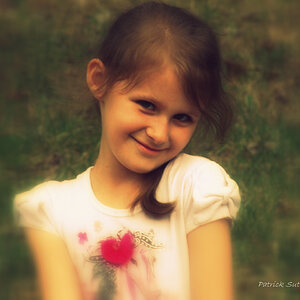
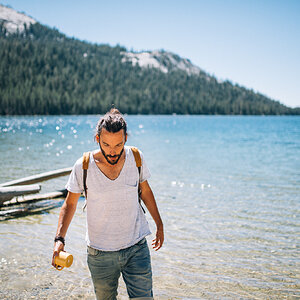

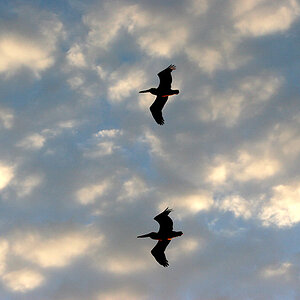
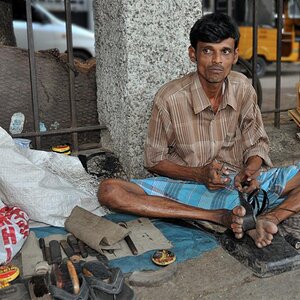
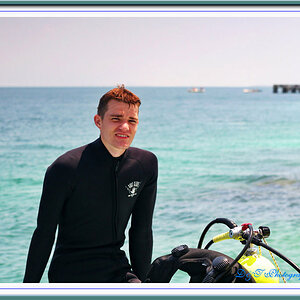
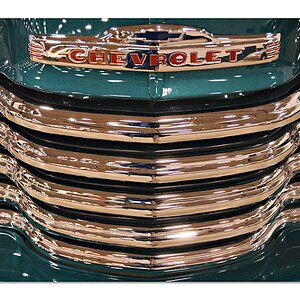
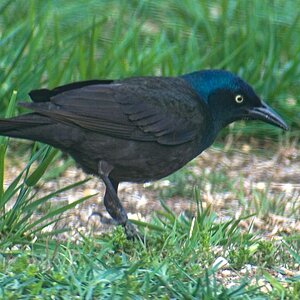
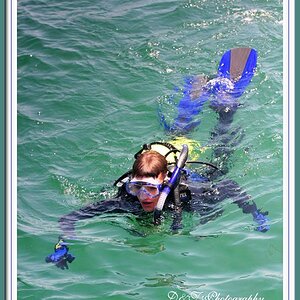
![[No title]](/data/xfmg/thumbnail/37/37104-99933b18ee16678a8299f12747336d48.jpg?1619737882)
